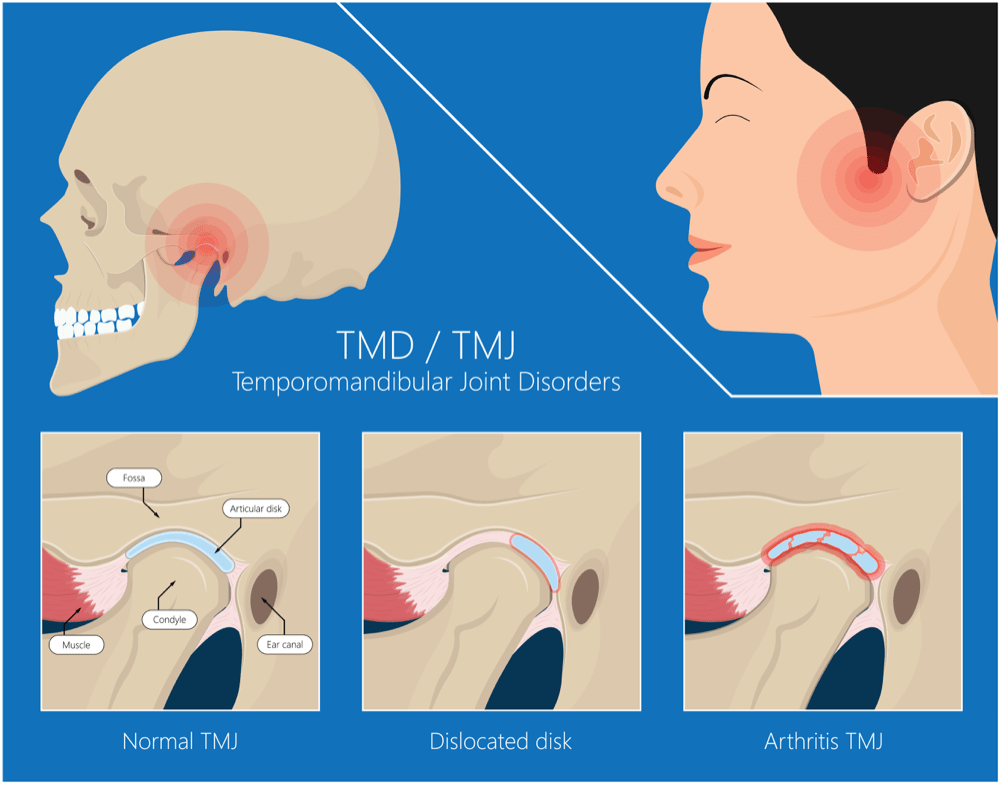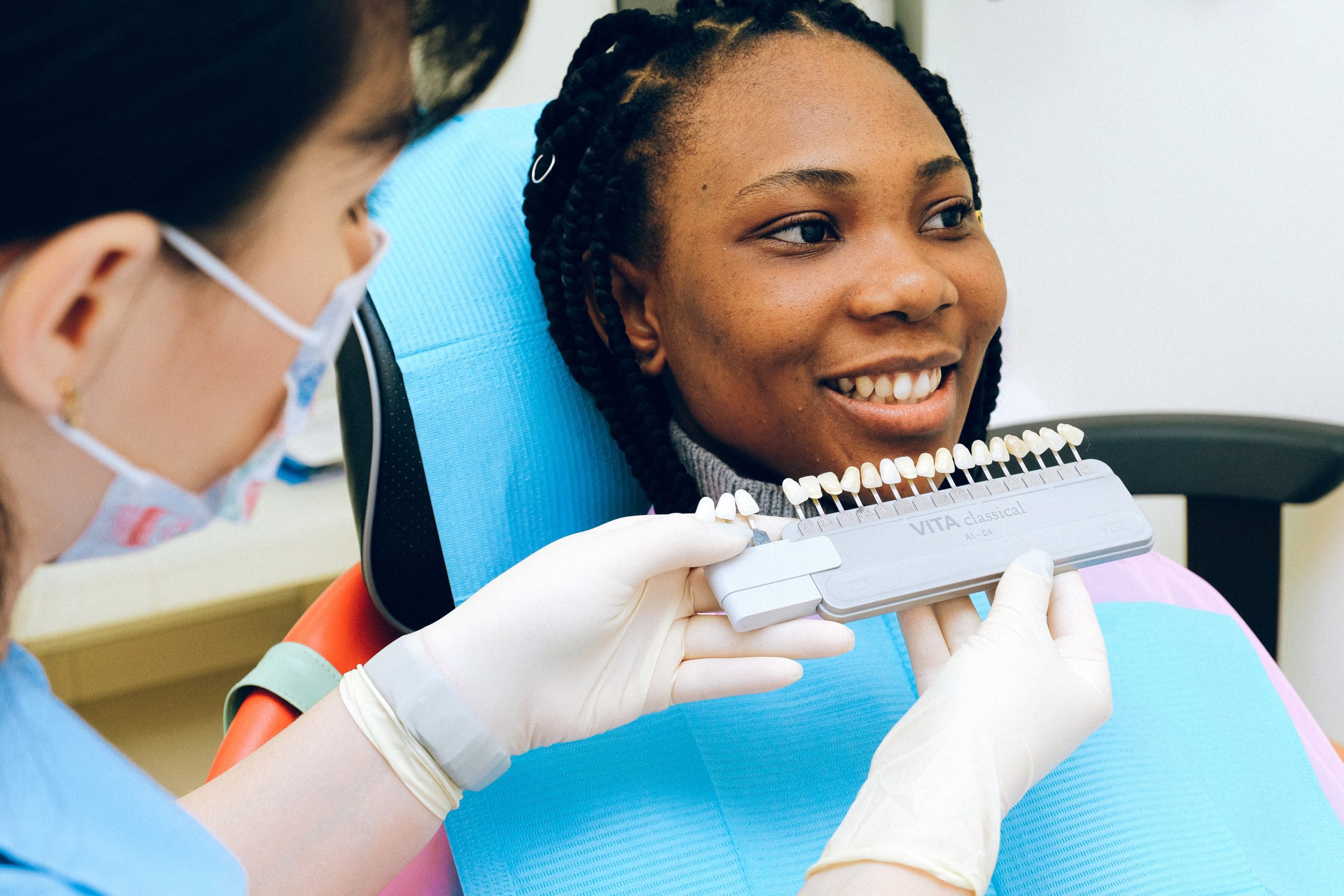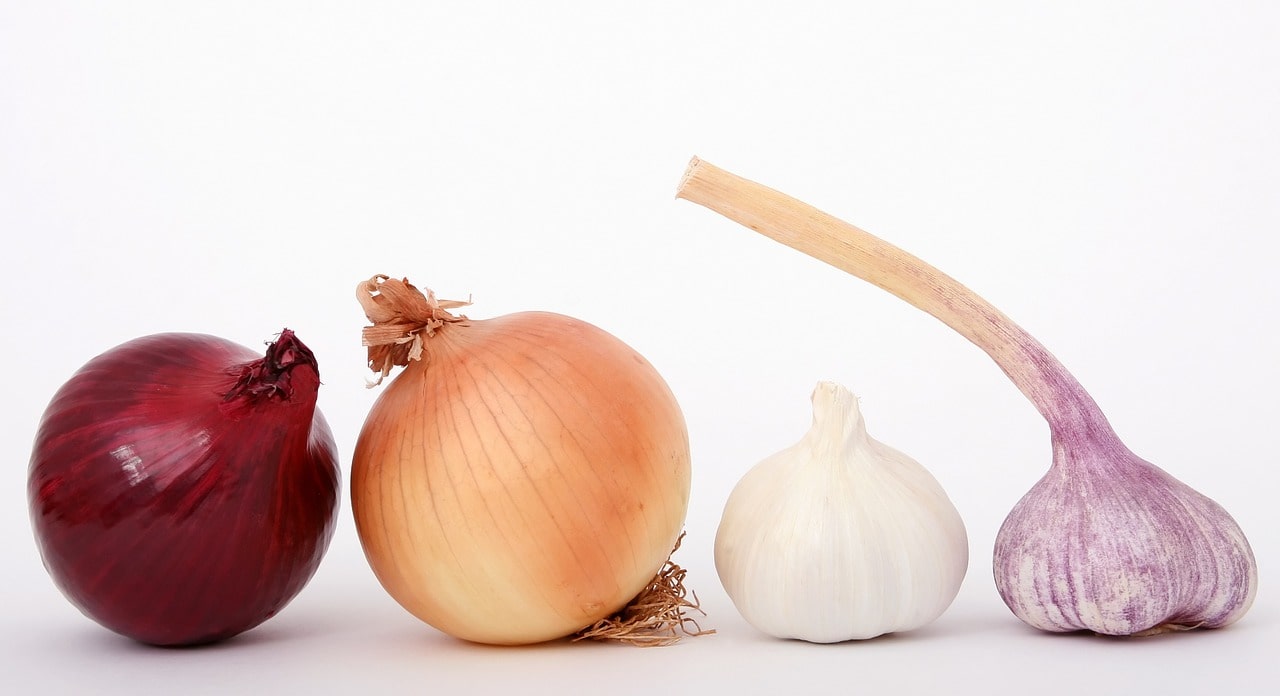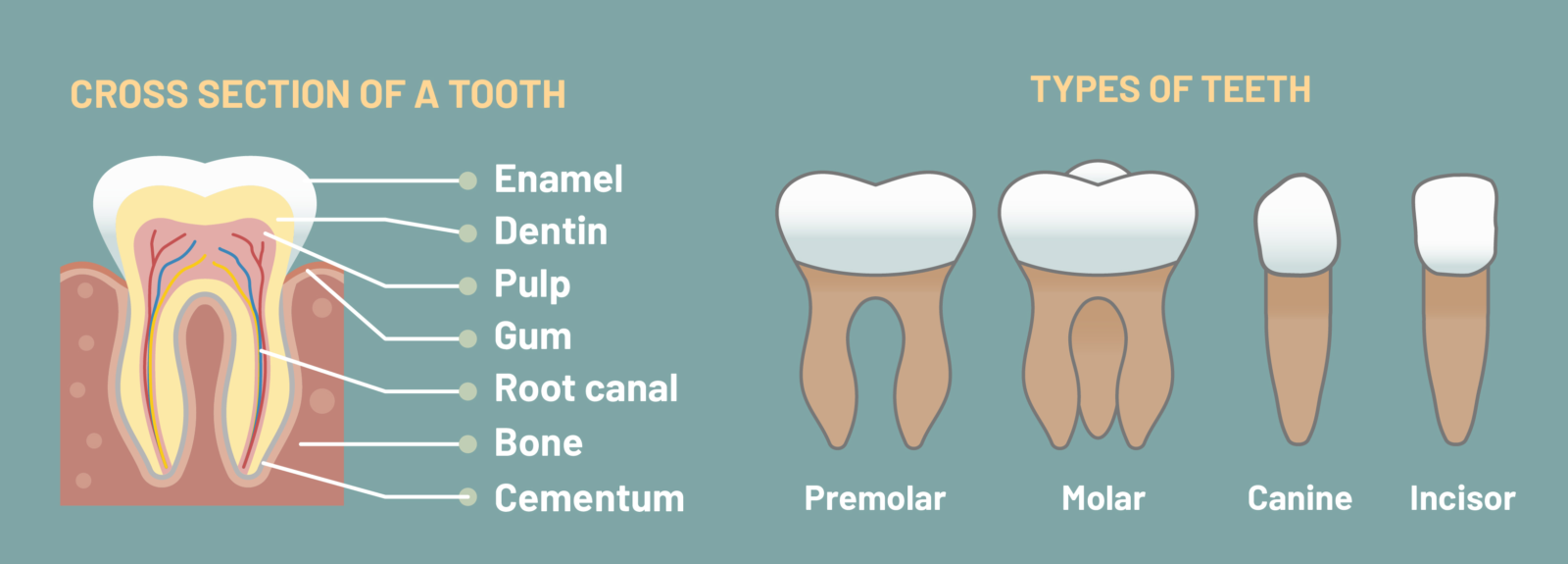
If you’re experiencing a jaw popping sensation every time you chew, talk or yawn, it may be from your temporomandibular joint (TMJ). Jaw popping refers to a clicking sound from the jaw each time it is engaged, which can be followed by sensations of pain.
How TMJ works
Jaw popping is caused by a dysfunction of the temporomandibular joint. This particular joint is one of the most complex joints in your body, connecting your lower jaw to the temporal bones, allowing it to move side to side and back to front.
This joint allows you the range of motion needed to chew food, yawn and speak. Facial muscles attached to this joint control these movements, while a soft cartilage disc within the joint socket absorbs large amounts of pressure preventing damage.
What causes TMJ issues?
The jaw popping sensation can be the result of trauma, dislocation or a displaced disc. Clenching, grinding, or chewing gum too often can also cause pain and tightness within the facial muscles, especially if there are missing or misaligned teeth.
Jaw popping in most cases may not be a cause for concern, however, those who are experiencing a pain sensation following are recommended to seek medical attention.

Other causes include:
- Biting fingernails
- Clenching jaw
- Grinding teeth (bruxism)
- Biting lip or cheek
- Chewing gum excessively
Note: Research has shown that women may be more susceptible to TMJ issues in part because of the collagen holding the disc in the socket is anatomically different, as well as estrogen may have an effect on the joint.
Those who frequently perform these actions can cause wear and tear on the joints, which result in erosion.
Medical conditions which may cause TMJ issues
Arthritis
Both rheumatoid and osteoarthritis may cause damage to the cartilage of the TMJ. Loss of cartilage means there is a law of absorption in the joint socket every time the jaw moves, causing a pain sensation to follow.
Other symptoms include:
- Joint pain and stiffness
- Inflammation or swelling
- Reduced range of motion
- Appetite loss
- Fatigue
Injury or trauma to the jaw
Any injury sustained from a road traffic collision, sporting accidents, trips and falls or physical assaults may result in a dislocated or broken jaw. This unhinging of the joint can result in jaw popping. If you’re experiencing pain, bruising or swelling, we recommend seeking medical attention immediately.
Myofascial pain syndrome
Myofascial pain syndrome is a chronic pain disorder which causes pain in trigger points of some muscles. It occurs when a muscle is contracted repetitively over time or pressure is applied. It is particularly common in those who have jobs or engage in sporting activities that require repetitive movements.
TMJ issues symptoms for someone who has MPS includes:
- Jaw pain doesn’t get better after a week
- Jaw pain that gets worse with straining or stretching
- Painful knots in muscles
- Reduced range of motion in affected area
Sleep apnea
Jaw popping can be the result of both obstructive sleep apnea (OSA) and central sleep apnea (CSA). Studies have shown that when the throat begins to relax before an episode of OSA, the jaw will clamp down to prevent the airway from being blocked. This applies excessive stress on the jaw, mouth, neck and shoulders, which may cause TMJ issues.
Infection
Infection of the salivary gland can cause TMJ issues and jaw popping, as well as other symptoms including, dry mouth, face pain, pus in the mouth, foul taste, and swelling of the face and neck. If you suspect you may have an infection, you should medical treatment immediately.
How to treat jaw popping and TMJ issues
There are a number of solutions to remedy jaw popping and treat TMJ. Depending on the cause and symptoms experienced, there are both medical and non-medical treatments available.
Non-medical treatments for TMJ issues
- OTC medications such as ibuprofen can help reduce inflammation, but if the pain persists, book an appointment to see your dentist.
- Apply an ice pack to the affected area on the jaw for 10 to 15 minutes, followed by a warm compress of 5 to 10 minutes to relieve pain. This method can be repeated several times a day if needed.
- Avoid eating crunchy, chewy or hard foods including raw vegetables and fruits, caramel, popcorn, gum or candy. Stick to softer foods such as yoghurt, cooked vegetables, rice, bread and so on. Food should be eaten in smaller bites to avoid opening the jaw too wide.
- Relax the jaw when possible.
- Avoid activities that involve opening the mouth too wide, such as singing, yelling or chewing gum.
Medical treatments for TMJ issues
- A mouthguard or splint can be used to prevent or manage bruxism; clenching and grinding of the teeth during sleep.
- Prescribed medication can be used to help manage pain caused by TMJ issues.
- Laser therapy or radio wave therapy helps stimulate movement and ease pain in the jaw, mouth and neck.
- Dental solutions can help fix any oral issues that may be causing jaw popping, including underbites, overbites, missing and misaligned teeth.
- As a last resort, surgery may be required.










